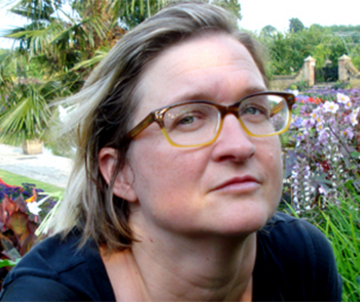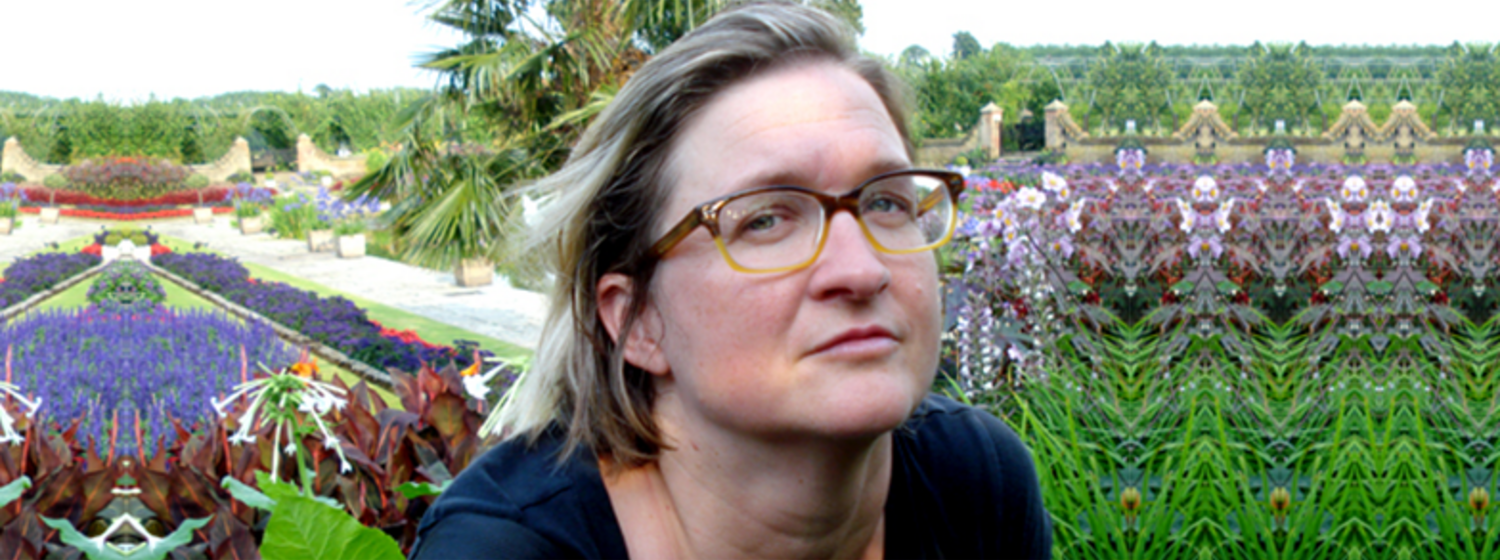28.10.2015 bis 28.10.2015 - TONSPUR_display, MQ Raum D
Veranstalter: MQ Kulturmieter:innen
Making.Artistic.Technology: Elizabeth Losh on FemTechNet
FILM & DIGITALE KULTUR


Veranstalter: ARTISTIC BOKEH
Ort: Raum D / Q21
Eintritt frei
Artistic Bokeh in collaboration with Mz Baltazar’s Laboratory presents a discussion with visiting US media theorist Elizabeth Losh on ‘A Woman's Touch: Pink Collar Workers and Feminist Origin Stories’.
In recent years there have been a number of significant theoretical shifts in the study of digital media. By emphasizing the material, situated, contingent, embodied, affective, and labor-intensive characteristics of digital media rather than friction-free visions of “virtual reality” or “cyberspace,” theorists of media archeology are also expressing their concerns about present-day power relations around apparatuses and interfaces and signifying interest in collective consciousness-raising efforts. As science and technology studies (STS) and tactical media play a greater role in media studies, international feminist collectives like FemTechNet and the Fembot Collective are growing. At the same time, cyberfeminist work from decades before – by seminal figures, such as Lynn Hershman Leeson, Faith Wilding, and Shu Lea Cheang -- is gaining recognition. Unfortunately elitism can insinuate itself into these discourses by ignoring women's long history of engagement with computational media as low-status pink collar workers and how they continue to supply manual labor in the supply chains of digital media today.
Elizabeth Losh is the author of Virtualpolitik: An Electronic History of Government Media-Making in a Time of War, Scandal, Disaster, Miscommunication, and Mistakes (MIT Press, 2009) and The War on Learning: Gaining Ground in the Digital University (MIT Press, 2014) and has been a co-facilitator of FemTechNet, an international collective of feminist scholars, artists, activists, and learners who work with and about technology. She is also the co-author of the comic book textbook Understanding Rhetoric: A Graphic Guide to Writing (Bedford/St. Martin's, 2013) with Jonathan Alexander.
She has also written a number of frequently cited essays about communities that produce, consume, and circulate online video, videogames, digital photographs, text postings, and programming code. The diverse range of subject matter analyzed in her scholarship has included coming out videos on YouTube, videogame fan films created by immigrants, combat footage from soldiers in Iraq shot on mobile devices, video evidence created for social media sites by protesters on the Mavi Marmara, remix videos from the Arab Spring, the use of Twitter and Facebook by Indian activists working for women’s rights after the Delhi rape case, and the use of Instagram by anti-government activists in Ukraine.
Before coming to William and Mary, she was Director of the Culture, Art, and Technology program at Sixth College at U.C. San Diego, where she taught courses on digital rhetoric and new media. She is also a blogger for Digital Media and Learning Central, and a Steering Committee member of FemTechNet.
<link http: www.artisticbokeh.com>www.artisticbokeh.com
<link http: www.mzbaltazarslaboratory.org>www.mzbaltazarslaboratory.org
(Um zu wechseln auf die Headline klicken):
TONSPUR_display
Öffnungszeiten
| Mo-So: | 10-22h |